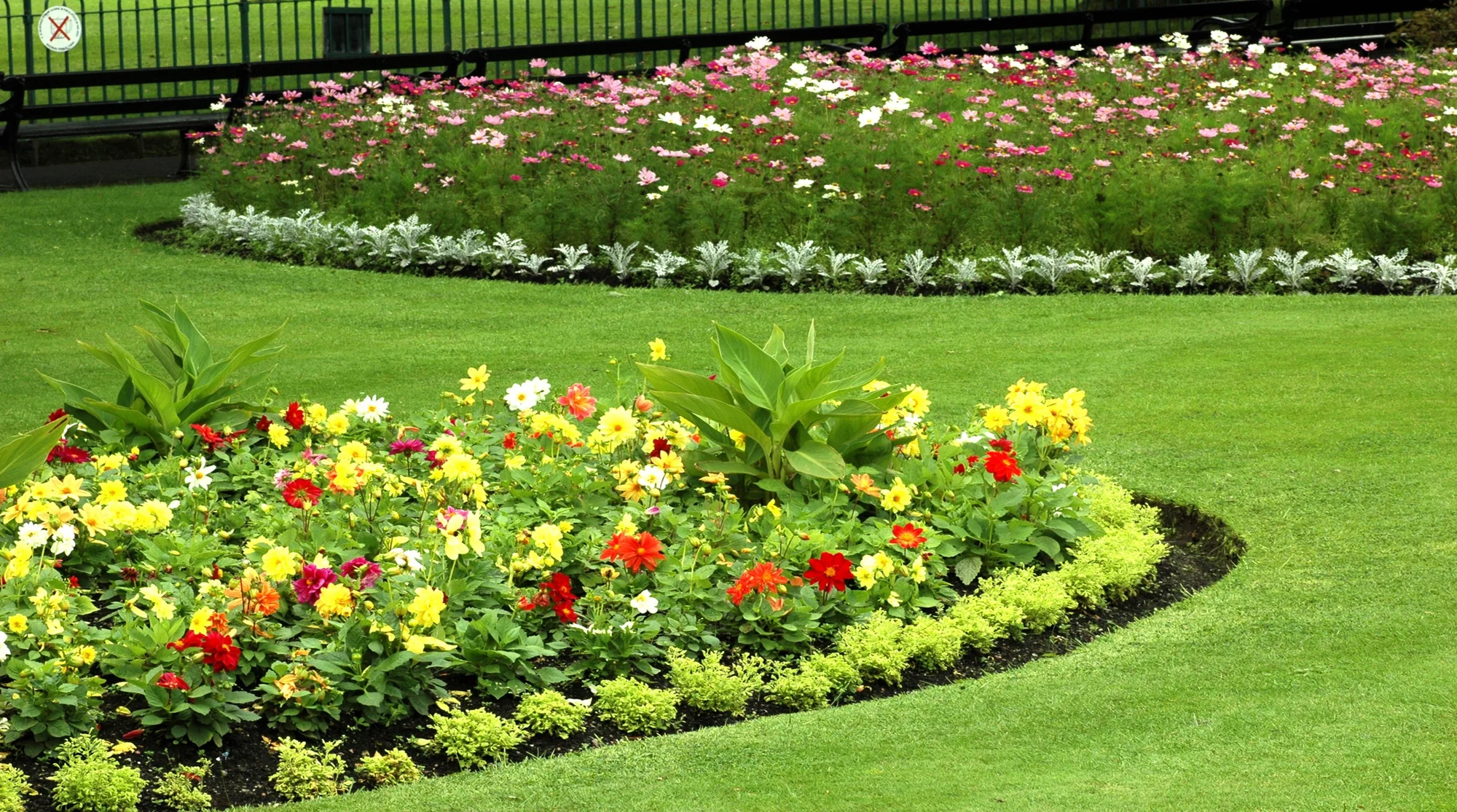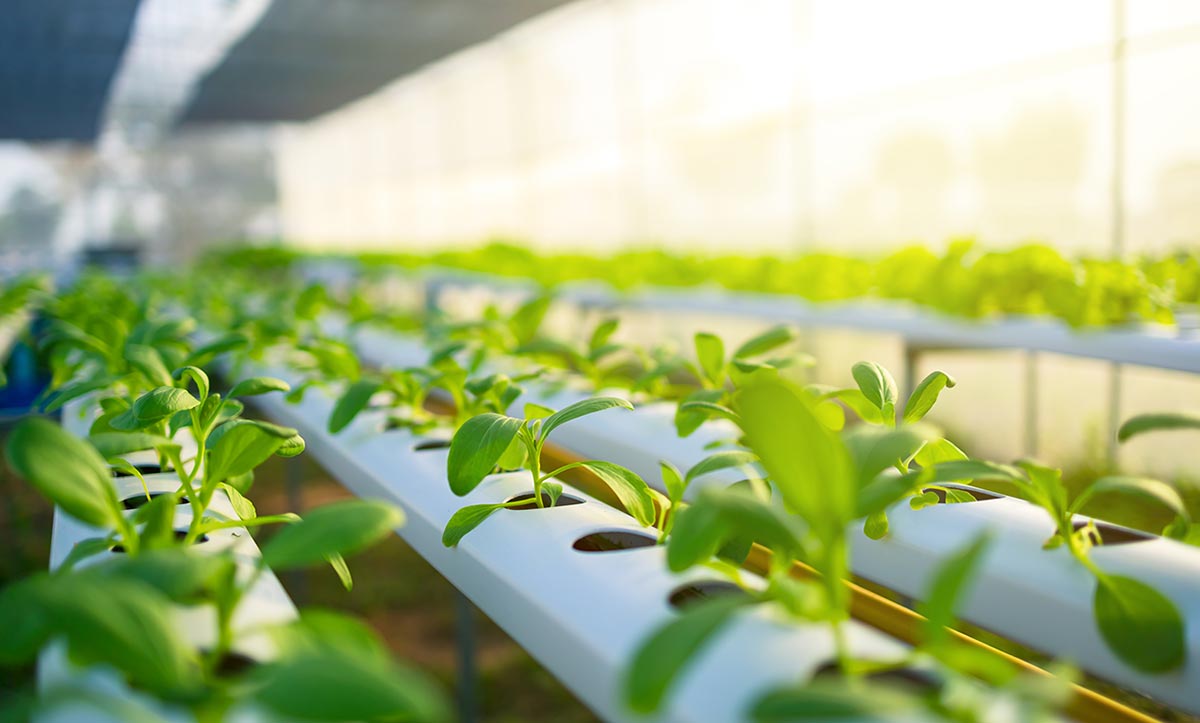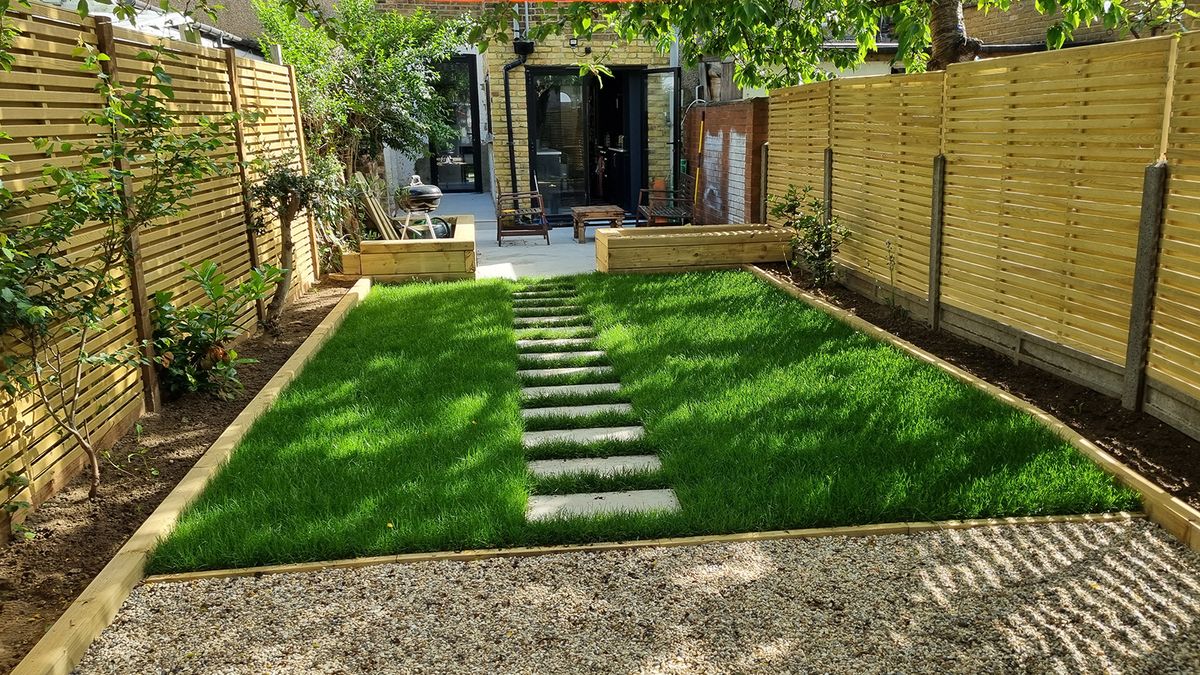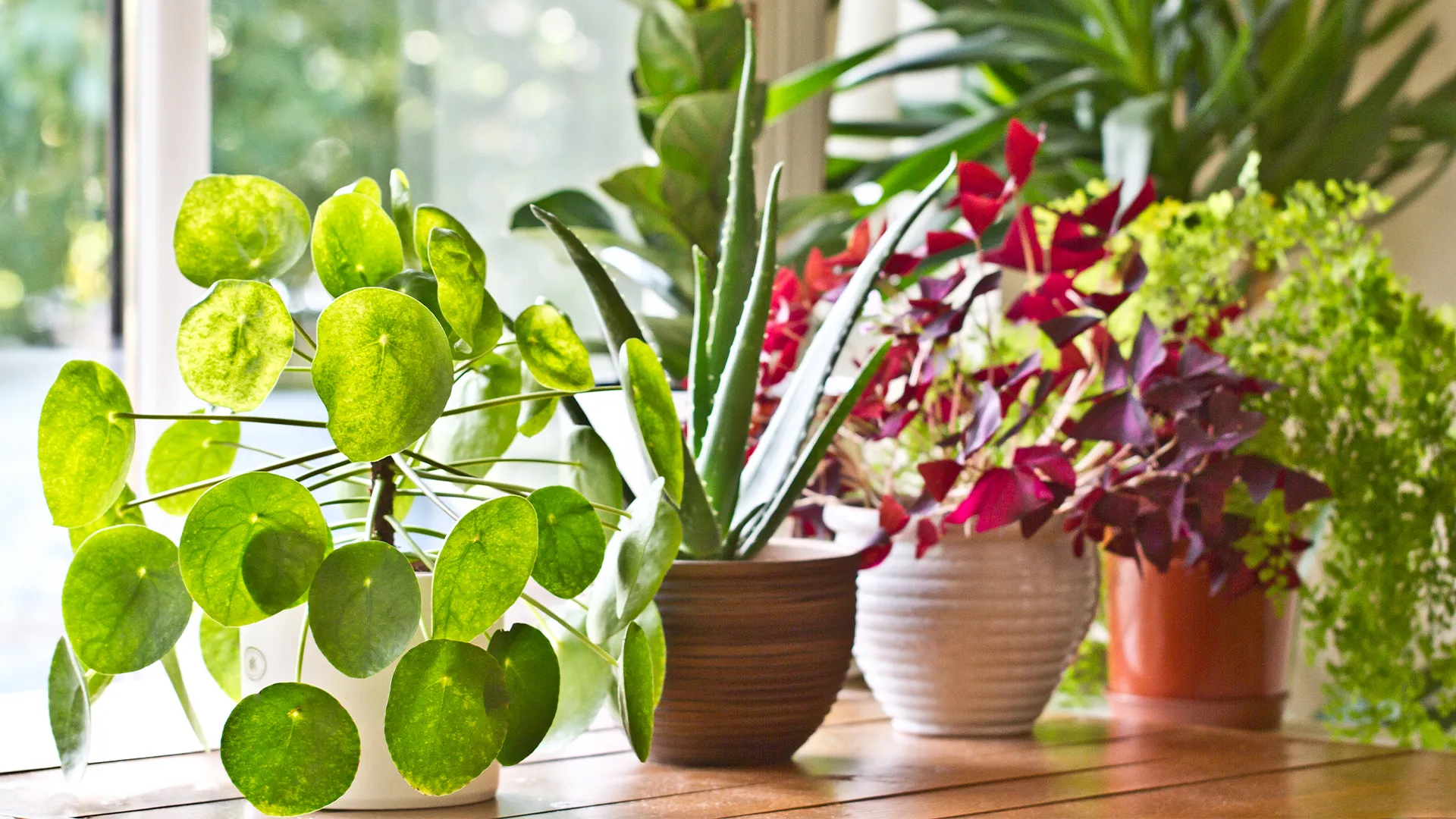A green garden is more than just a beautiful outdoor space; it’s a sustainable ecosystem that benefits both people and the planet. By adopting eco-friendly practices, you can create a garden that is not only visually appealing but also environmentally responsible.
Key Principles of Green Gardening:
- Water Wisely:
- Efficient Watering: Use a watering can or a hose with a trigger nozzle to minimize water waste.
- Mulching: Apply a layer of mulch to retain moisture and suppress weeds.
- Rainwater Harvesting: Collect rainwater in barrels to water your plants.
- Choose Native Plants:
- Low-Maintenance: Native plants are adapted to your local climate and require less water and fertilizer.
- Wildlife Habitat: They attract pollinators and other beneficial insects.
- Organic Gardening:
- Chemical-Free: Avoid using synthetic pesticides and fertilizers, which can harm the environment.
- Composting: Create nutrient-rich compost from kitchen scraps and yard waste.
- Companion Planting: Plant complementary plants together to deter pests and improve soil health.
- Sustainable Landscaping:
- Reduce Lawn Size: Replace some of your lawn with low-maintenance groundcovers or ornamental grasses.
- Xeriscaping: Design a drought-tolerant garden that requires minimal watering.
- Permeable Surfaces: Use permeable paving materials to allow rainwater to soak into the ground.
- Wildlife-Friendly Gardening:
- Provide Shelter: Create habitats for birds, bees, and other wildlife by planting native plants and providing nesting boxes.
- Avoid Pesticides: Use natural pest control methods, such as handpicking or introducing beneficial insects.
Tips for a Greener Garden:
- Start Small: Begin with a small garden and gradually expand as you gain experience.
- Plan Your Garden: Design your garden with sustainability in mind, considering factors like sunlight, water availability, and soil type.
- Learn from Others: Join gardening clubs, attend workshops, and read gardening books to learn from experienced gardeners.
- Experiment and Have Fun: Don’t be afraid to try new things and make mistakes. Gardening is a learning process.
By incorporating these principles and tips into your gardening practices, you can create a beautiful, sustainable, and environmentally friendly garden that benefits both you and the planet.



